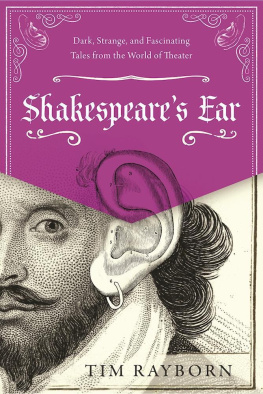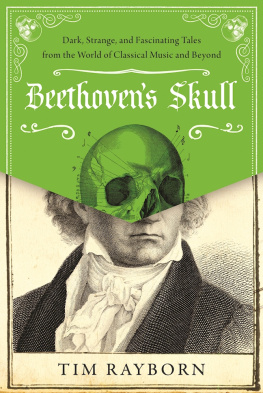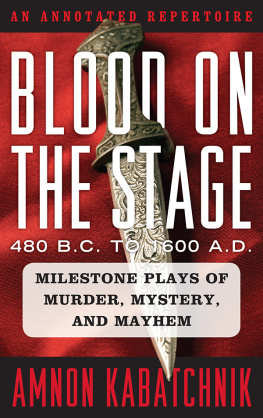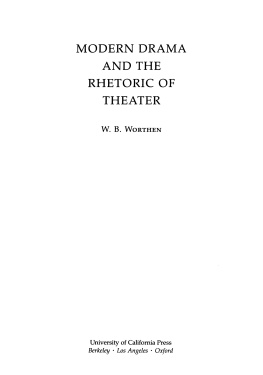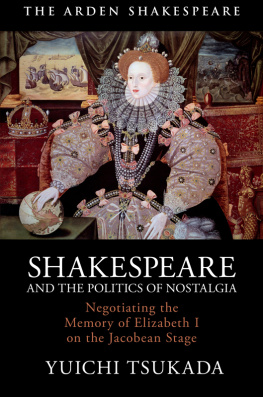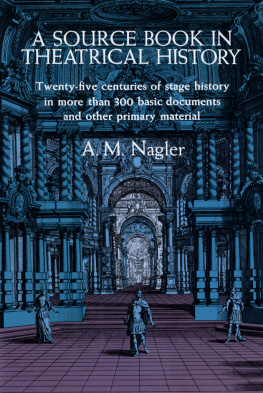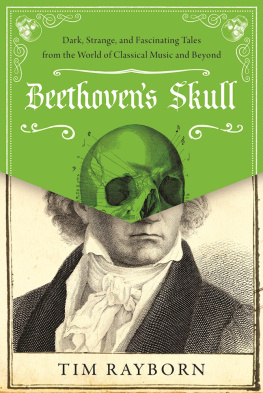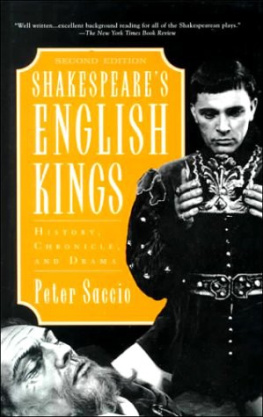Copyright 2017 by Tim Rayborn
All rights reserved. No part of this book may be reproduced in any manner without the express written consent of the publisher, except in the case of brief excerpts in critical reviews or articles. All inquiries should be addressed to Skyhorse Publishing, 307 West 36th Street, 11th Floor, New York, NY 10018.
Skyhorse Publishing books may be purchased in bulk at special discounts for sales promotion, corporate gifts, fund-raising, or educational purposes. Special editions can also be created to specifications. For details, contact the Special Sales Department, Skyhorse Publishing, 307 West 36th Street, 11th Floor, New York, NY 10018 or .
Skyhorse and Skyhorse Publishing are registered trademarks of Skyhorse Publishing, Inc., a Delaware corporation.
Visit our website at www.skyhorsepublishing.com.
10 9 8 7 6 5 4 3 2 1
Library of Congress Cataloging-in-Publication Data is available on file.
Cover design by Rain Saukas
Print ISBN: 978-1-5107-1957-6
Ebook ISBN: 978-1-5107-1958-3
Printed in the United States of America
Contents
Introduction
The Grim and the Unusual in the History of Western Theater
W e love to be shocked, and the darker the subject, the better. Lets be honest, thats the reason why so many people are fascinated by television news reports, Internet updates on various social media platforms, and any other ways of finding out about some gruesome story as it happens. Many have the same desire for the grotesque in their fiction, and theater is potentially even more enticing, being a live spectacle. Reading is lovely and the screen provides amazing escapes, but to see the morbid, the grotesque, the strange, and the violent happen in front of you? That is something truly unique that only drama can provide.
To be or not to be, that is the question. Yes, indeed, that is the question that has sent shivers of horror down the backs of countless high school students in the English-speaking world and left untold numbers of theatergoerswho want to appear sophisticated and educatedtotally baffled because theyre still not quite sure what that whole speech is really about; who actually speaks Shakespeare, anyway?
Drama is one of those areas that exists in a sort of side world at the edge of many peoples awareness. Nearly everyone remembers having to endure the trauma of performing in school plays as children; this was followed by reading plays for their own good when they were in high school. Afterward, though, most people dont give much thought to these theatrical excursions, rather like long division and frog dissection, and thats a terrible shameabout drama, that is, not long division or frog dissection, unless youre really into those. Plays are just another of those general-education topics that are absorbed and then get stored away in the file cabinet of our brains, never to be accessed again, because far more important things take their place. Those who use Western technologies (and that would be most of us) are bombarded with movies, television programs, web series, online videos, and countless other diversions. But alongside these nonstop, 24/7 entertainments, there still exists the world of live stage shows that has demonstrated a surprising tenacity and will to survive, even in our age of endless stimulation overload.
But why? What could possibly be appealing about watching a dozen actors pretend to fight a huge war in a Shakespeare play, when you could see a CGI effects fest with a budget of $200 million exploding all over the gigantic movie screen in bloody 3-D? The thing is, countless people still prefer (or at least still go to see) the former on a regular basis. There is something highly appealing about any live performance, as music aficionados will readily tell you. You just cant beat that live sound, and for many, the thrill of seeing living actors on a stage doing what they do best cant be duplicated on a big or a small screen. There is an immediacy, a danger, and a sense of connection that only a play can provide.
So this book is an attempt to combine two of our loves: the closeness of a live performance and our endless fascination with the grotesque, the grim, the bloody, and the bleak; they blend together surprisingly well. Another surprise is how much goes on behind the scenesin fact, the skulduggery offstage has frequently been greater than that onstage.
The book is divided into two parts, or more appropriately, acts. Act I is a historical tour, taking you back to ancient Mesopotamia and Egypt, where violent proto-dramas enacted the stories of the gods, and then continuing through the Greeks to the Middle Ages, on to the glorious Tudor and Stuart ages, and beyond into the modern world (whatever that means). Act II is a miscellany of topics, including some things that you really should know about Shakespeare, the zany Commedia dellArte, the methods for portraying blood and gore onstage throughout history (a very important topic!), and essential information on dramatic ghosts and the seemingly endless theater superstitions, as well as some miscellaneous theatrical oddities.
So who might some of our odd cast of characters be? Well, youre certainly familiar with Shakespeare, or his name, at any rate. Maybe you know a bit about Christopher Marlowethough you may not know about his horrible (and, some say, alleged) death. Youve probably heard of Sophocles and/or some of the other ancient Greek playwrights, whose tragedies were early models of over-the-top grimness. You may also recall Molire, the French writer of farces, even if youve never read or watched any of his work.
Others will likely be less familiar to you. What about Thomas Kyd or Moll Cutpurse? Or the actor William Davenant, who implied that he was Shakespeares illegitimate son? Read on and find out.
Beyond playwrights and actors, theatrical history is bursting with odd stories. Just what exactly is a slapstick? (Hint: its actually pretty close to what the name suggests.) What was the stomach-turning Grand Guignol in Paris and why was it so popular? Why does the Scottish Play have so many superstitions associated with it? And for that matter, why are there so many bizarre theatrical superstitions in general? Did people really riot over theater shows? How did a live horse end up flying off a London stage into an orchestra pit? And why do so many of the dead seem to come back to theaters to give eternal encores?
This book is a veritable auditorium of the abhorrent, a green room of the grotesque, and a curtain call of the creepy. Herein you will find all sorts of stories about playwrights, actors, theaters, companies, and audiences engaged in activities ranging from the horrible to the hilarious to the hideous, and sometimes all at the same time. You dont need any previous knowledge of theater historyor of plays in generalto enjoy this unsettling excursion. You can dip into it anywhere you like, though you might get a bit more out of it by reading it from cover to coverbut thats really just my way of trying to entice you into devouring it all! Pick a story, dive in, and prepare to be shocked and fascinated.
These days, many view the theater as a bastion of the elite, a highbrow indulgence that is expensive, out of touch, and irrelevant to most people, but for many centuries, it was the most popular entertainment around. In Elizabethan England, for example, admittance to a playhouse was extremely cheap (one penny, the price of a large tankard of ale), and in Georgian England, there were mass protests when one London manager tried to raise admission prices to cover the costs of building a new theater after a fire; he was forced to back down. Audiences forgave him and returned soon enough. Theyve been flocking to theaters ever since, not just in England but all over the world.

